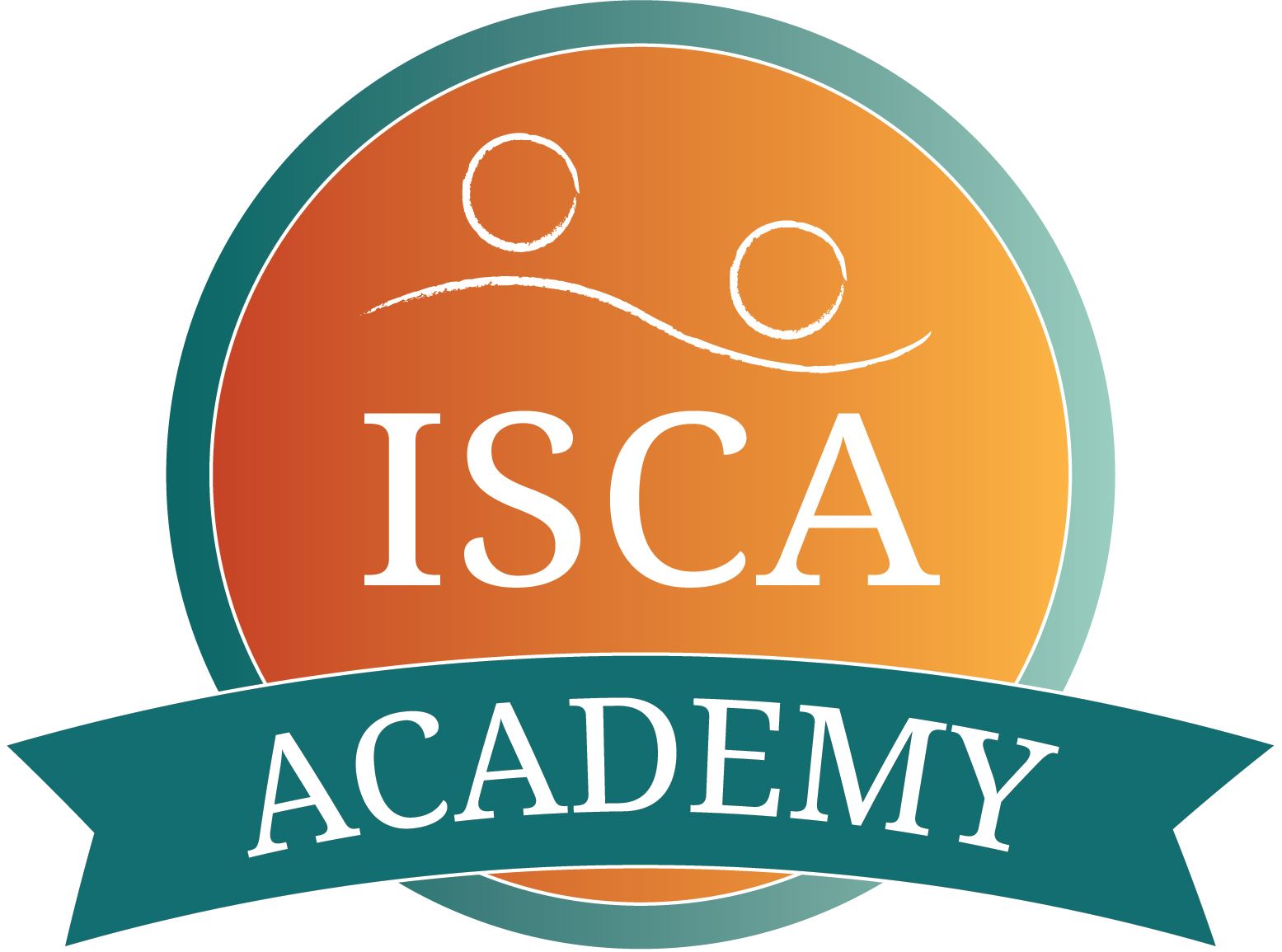- Home
- Distress Tolerance Skills for Emotion Dysregulation
|
Course Title |
Distress Tolerance Skills for Emotion Dysregulation
|
Course Number | ISCA 303 |
Course Overview | In this training, school counselors will learn how to effectively teach Distress Tolerance Skills, a subset of skills commonly used in Dialectical Behavior Therapy (DBT), an evidence-based psychotherapy. These skills have been shown to effectively help adolescents better tolerate and down-regulate strong emotions such as fear and anxiety, panic attacks, crying spells, grief, guilt or shame, jealousy, and infatuation, as well as many others. This course is designed to teach counselors how to “coach” students in using distress tolerance. Counselors will learn how to be engaging and memorable in their instruction style so that the skills become a habitual part of the students’ emotional coping repertoire. Additionally, counselors will leave with a comprehensive understanding of the biological and psychological rationales for why these distress tolerance skills are effective in down regulating emotions. |
A.1. Supporting Student Development
A.6. Appropriate Referrals and Advocacy
A.7. Group Work
A.9. Serious and Foreseeable Harm to Self and Others
A.15. Virtual/Distance School Counseling B.3. Responsibilities to Self Professional Foundation B-PF 1. Apply developmental, learning, counseling and education theories School Counselors will: c. Use established and emerging evidence-based counseling theories and techniques that are effective in a school setting to promote academic, career and social/emotional development, including but not limited to rational emotive behavior therapy, reality therapy, cognitive-behavioral therapy, Adlerian, solution-focused brief counseling, person-centered counseling and family systems. |
Intended Audience | School counselors at any level of training or experience. |
Essential Questions | What are some creative, engaging, and memorable ways that I can teach distress tolerance skills to students? How can I practice these distress tolerance skills myself? |
Knowledge | Skills |
Participants will have knowledge about: | Participants will be able to: |
|
|
About the Facilitator |
|
Dates and times of offerings | August 27, 2021 @ 12:00 GMT |
Contact hours | Three (3) Professional Development Hours |
Time commitment between sessions | NA |
Required Resource(s) | Something to write with and something to write on. |
References | Koerner, K. (2012). Doing dialectical behavior therapy: A practical guide. The Guilford Press. Linehan, M.M. (2015). DBT skills training manual. The Guilford Press. Rathus, J.H. & Miller, A.L. (2015). DBT skills manual for adolescents. The Guilford Press. |


